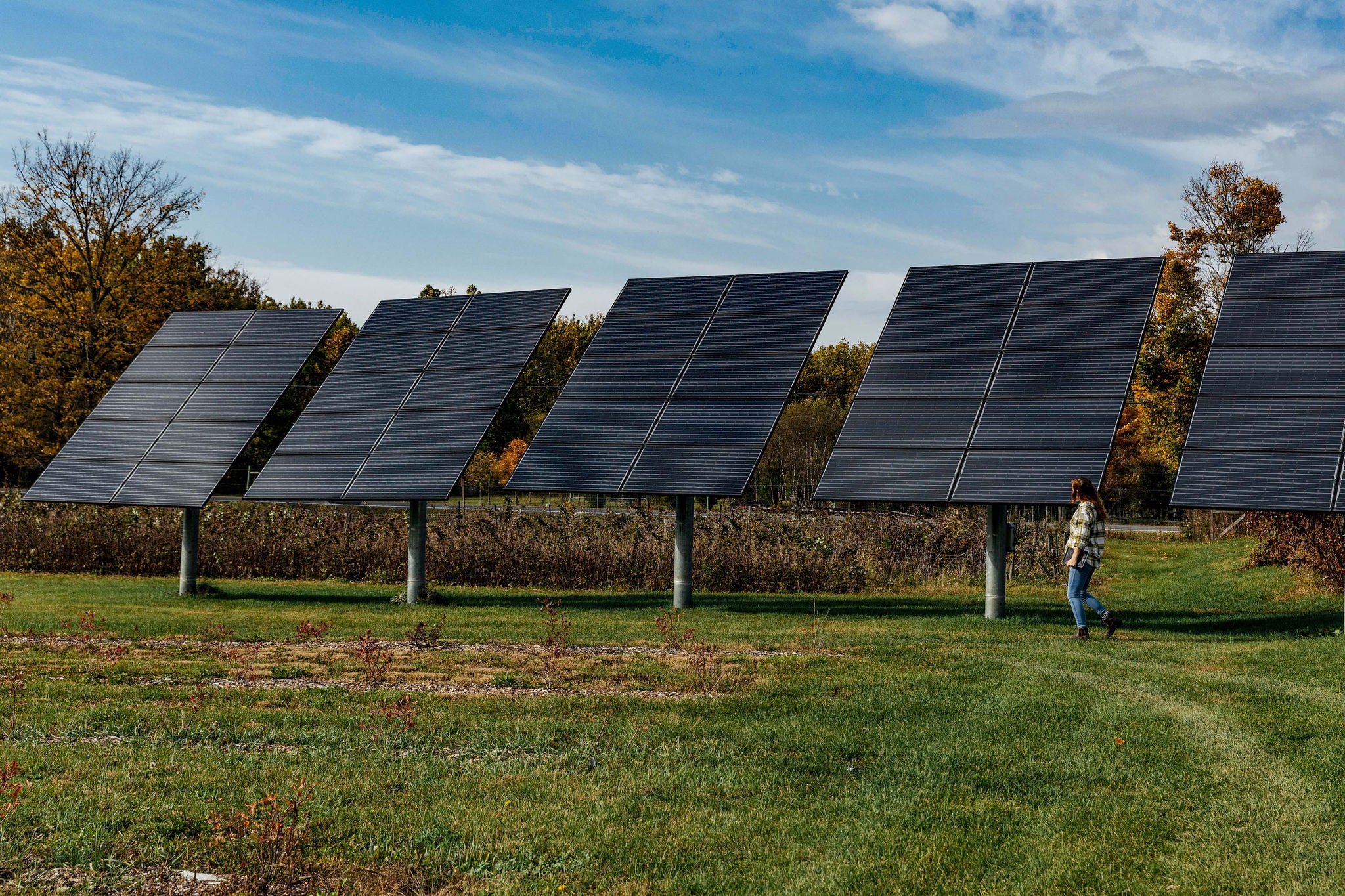EY refers to the global organization, and may refer to one or more, of the member firms of Ernst & Young Global Limited, each of which is a separate legal entity. Ernst & Young Global Limited, a UK company limited by guarantee, does not provide services to clients.
How EY can help
An urgent need for global sustainability reporting standards
Initial feedback to the paper was announced in March 2021 and confirmed an urgent need for global sustainability reporting standards and support for the IFRS to play a role in their development. A working group, including the International Accounting Standards Board, the Task Force on Climate-Related Finance Disclosures, the five bodies mentioned above and the World Economic Forum, has been formed to accelerate convergence in reporting standards with a focus on enterprise value reporting.
EY has played an active role in the development of sustainability standards through its involvement with the Embankment Project for Inclusive Capitalism and the World Economic Forum’s Stakeholder Capitalism Metrics. And EY also supports the proposal for a Sustainability Standards Board because it would facilitate the creation of a set of globally consistent sustainability frameworks and standards that could satisfy increasing demands from all parties (including regulatory requirements) while helping to establish connections between financial and nonfinancial information.
A set of global sustainability reporting standards could also help organizations — that can often be overwhelmed by the pace of standards development — reevaluate which aspects of ESG disclosures are most important to their business model and strategy. This, in turn, could help organizations focus on sustainability issues, measure and report more effectively on the long-term financial and nonfinancial value they create, and distinguish themselves among their stakeholders and society at large.
When a set of global sustainability reporting standards is created, it will raise the question of whether the information disclosed under those standards should be audited or subject to some other kind of external assurance. The trustees of the IFRS Foundation have said that in order to achieve globally consistent sustainability reporting practices, sustainability information reported by organizations will ultimately need to be subject to external assurance. This assurance should be of the numbers reported and the underlying activities and their outcomes.
So, for organizations to play an effective role in the battle against climate change — and build trust among stakeholders that they are acting sustainably — they will need to be able to report information using generally accepted global sustainability standards and have that information assured. EY reflected on the changing expectations of its own stakeholders — especially EY people — for building a better working world by announcing, in January 2020, plans to become carbon negative in 2021 and net zero in 2025.
While there is general agreement on globally consistent sustainability frameworks and standards from all of those that need to play a part — including organizations, auditors, standard-setters, regulators, investors and governments — now is the time to accelerate that collaboration and establish the frameworks and standards to help measure and accelerate progress toward a brighter, more sustainable future.




